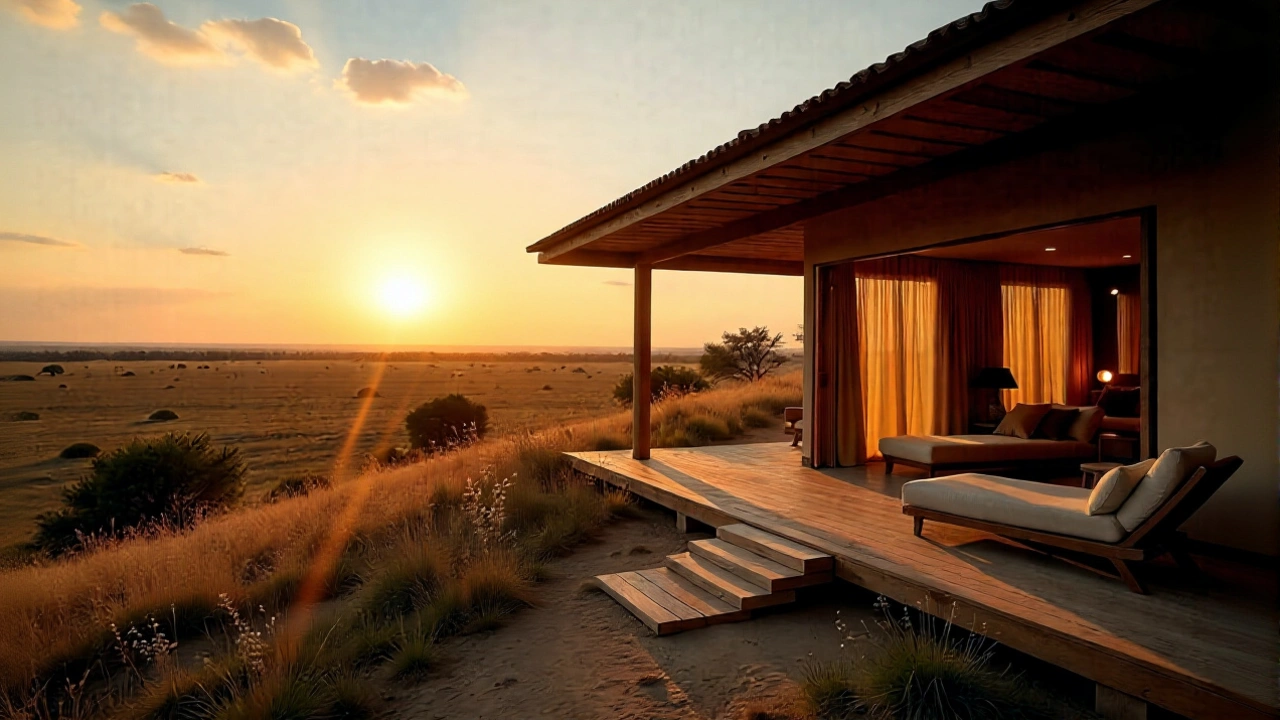When you think of Rwanda, a landlocked East African nation known for its post-genocide recovery and ambitious modernization. Also known as the Land of a Thousand Hills, it has become one of Africa’s fastest-growing economies by prioritizing infrastructure, technology, and urban planning. Unlike many countries that wait for foreign aid to rebuild, Rwanda built its future from the ground up—literally. Roads, airports, housing, and public buildings aren’t afterthoughts here; they’re central to national strategy.
Rwanda’s infrastructure, the backbone of its economic transformation is everywhere you look. Kigali, the capital, looks more like a planned city from the future than a typical African capital. New highways connect rural areas to urban centers, solar-powered streetlights line major roads, and the Kigali Convention Center hosts regional summits that draw global investors. The government doesn’t just fund projects—it sets deadlines, enforces quality, and holds contractors accountable. This isn’t just about building more—it’s about building better, faster, and with fewer leaks or delays.
urban development, the planned expansion of cities with housing, transport, and services in Rwanda is tightly controlled. No random slums. No unregulated sprawl. Every new housing estate, every commercial zone, every school or clinic gets approved through a national master plan. The result? Clean streets, reliable water, and electricity for millions who didn’t have them a decade ago. Even the informal sector is being brought into the system, with markets relocated to modern hubs and street vendors given legal spaces. This level of order is rare in Africa—and it’s working.
What’s missing from most international coverage is how deeply African economy, the collective economic growth and structural changes across the continent is tied to Rwanda’s model. Other nations watch closely. Uganda, Kenya, and Ethiopia send delegations to study Kigali’s building codes. Private firms from China, Turkey, and South Africa compete for contracts because Rwanda pays on time and cuts red tape. This isn’t charity—it’s business, and it’s profitable. The construction sector now contributes over 8% of GDP, and that number keeps climbing.
You won’t find flashy headlines about Rwanda’s construction projects on global news feeds, but if you’re in the industry, you know they’re happening. From new university campuses in Butare to the $100 million Kigali City Tower, from solar-powered water plants in rural districts to the expansion of the Kigali International Airport, every project tells the same story: Rwanda is building for the next 50 years, not the next election. What you’ll find in the posts below are real updates—on who’s building what, where the money’s going, and how local firms are stepping up to meet demand. No fluff. Just facts from the ground.

Africa's luxury tourism surged 13.6% in 2024, projected to add $168 billion, but most profits leak abroad, leaving local communities with limited gains.